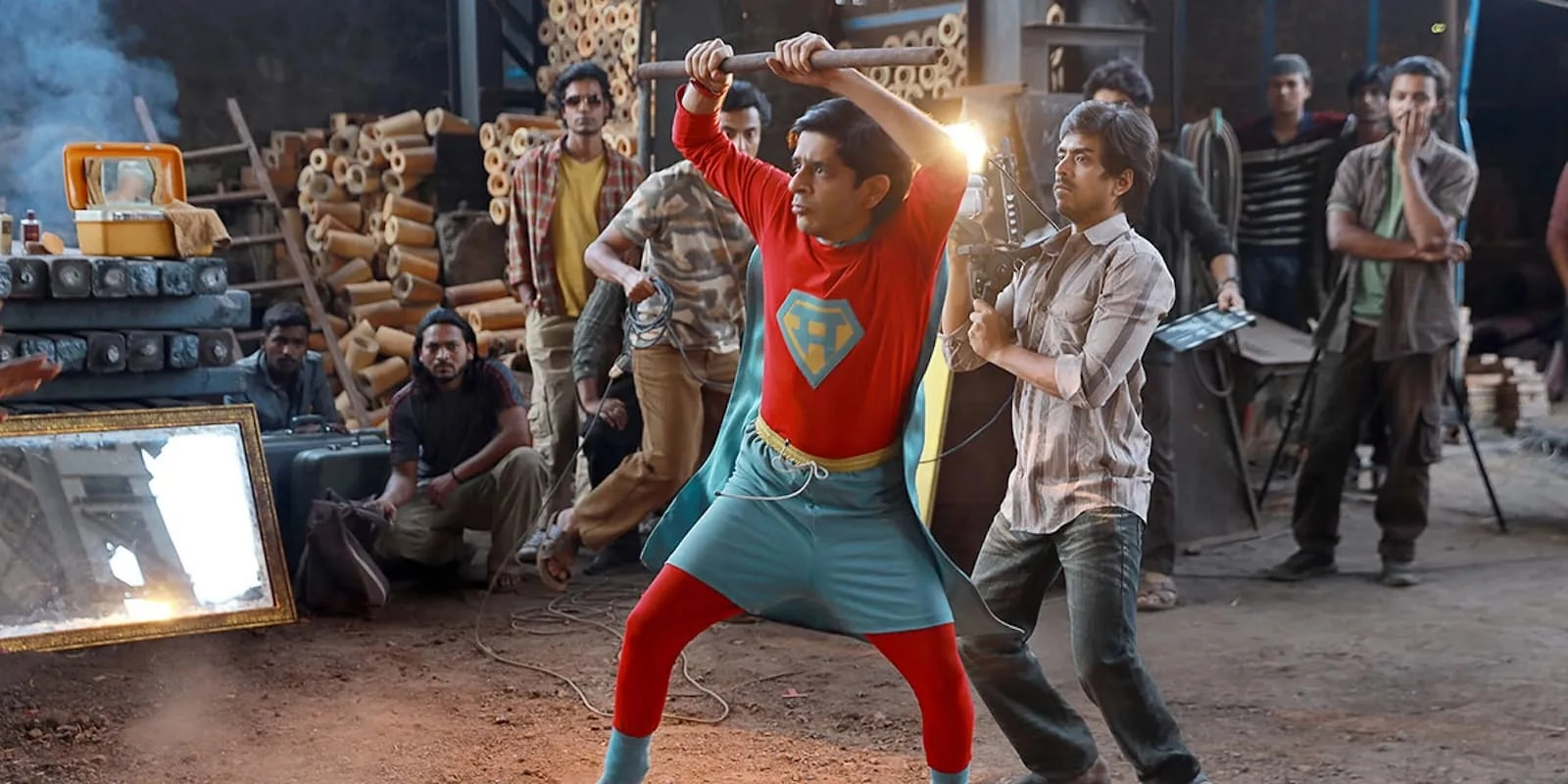In a recent turn of events surrounding the Aniruddhacharya Row, actress Khushboo Patani has taken a firm stance, signaling her intention to pursue legal action against those she believes are spreading false information about her. The controversy has garnered significant attention, and Patani’s declaration of legal repercussions has added a new layer to the unfolding narrative. She expressed her frustration over the misinformation circulating in various media outlets and on social platforms, asserting that such baseless claims are damaging not only to her reputation but also to her career.
Khushboo’s warning reflects a growing trend among public figures to protect their image in an era where social media has the power to amplify rumors and misinformation rapidly. She stated emphatically, “I will not spare anyone who tries to tarnish my name or mislead the public.” This statement underscores her determination to confront the issue head-on, highlighting the importance of accountability in the digital age. The actress’s resolve to take legal action serves as a reminder that the consequences of spreading falsehoods can be significant, both legally and ethically.
The Aniruddhacharya Row itself has become a focal point of discussion, raising questions about the responsibilities of media consumers and producers alike. As the situation evolves, Khushboo Patani’s actions may set a precedent for how other public figures approach similar challenges. Her willingness to engage in legal battles could inspire others to stand up against defamation and misinformation, fostering a culture of greater respect and integrity in public discourse. In this landscape, the role of legal frameworks in protecting individuals from slander and defamation is more crucial than ever, as the repercussions of unchecked rumors can have far-reaching effects on personal and professional lives.




